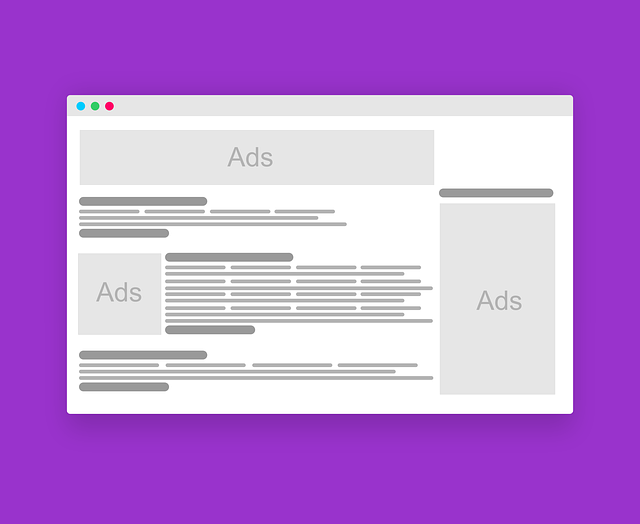The AI long-term rental market is experiencing a profound transformation driven by advanced technology and shifting consumer preferences. AI long-term contract drafting assistants are leading this revolution, enhancing efficiency and accuracy in property management. Leveraging machine learning algorithms to analyze vast datasets, these tools predict revenue with remarkable precision, aiding landlords in pricing strategies. They provide deep insights into demand, occupancy rates, and rent adjustments, simplifying contracts for better tenant experiences. Integrating AI into revenue forecasting models offers unprecedented precision and adaptability, automating tasks, reducing errors, and optimizing property performance over time. Additionally, these assistants streamline contract drafting, generating tailored, error-free documents quickly, freeing up resources for strategic growth and improved customer relationships.
In the dynamic landscape of real estate, Artificial Intelligence (AI) is transforming long-term rental revenue forecasting. This article delves into the intricacies of AI’s role in market dynamics and its potential to revolutionize predictions for property managers. We explore how AI models, integrated with smart contract drafting assistants, can streamline operations, enhance accuracy, and optimize revenue. By understanding these advanced tools, professionals can navigate the evolving industry, making informed decisions and staying ahead in the AI-driven rental market.
- Understanding AI Long-Term Rental Market Dynamics
- Integrating AI for Accurate Revenue Forecasting Models
- The Role of Contract Drafting Assistants in Streamlining Operations
Understanding AI Long-Term Rental Market Dynamics

The AI long-term rental market is an evolving landscape driven by technological advancements and shifting consumer preferences. AI long-term contract drafting assistants are revolutionizing how properties are rented and managed, offering enhanced efficiency and accuracy in contract creation. These tools leverage machine learning algorithms to analyze vast datasets, including historical rental trends, property characteristics, and market fluctuations. This enables them to forecast revenue with impressive precision, helping landlords optimize pricing strategies and mitigate risks.
By understanding intricate market dynamics, AI assistants provide valuable insights into demand patterns, occupancy rates, and potential rent adjustments. They also streamline the contract drafting process, reducing manual effort and minimizing errors. This not only saves time for property managers but also enhances tenant experience through clearer, more comprehensive lease agreements.
Integrating AI for Accurate Revenue Forecasting Models

Integrating AI into revenue forecasting models for long-term rentals offers a transformative approach to precision and efficiency. These advanced systems can analyze vast historical datasets, including occupancy rates, rental prices, seasonal trends, and tenant behavior, to predict future income with remarkable accuracy. By leveraging machine learning algorithms, AI long-term contract drafting assistants can identify patterns and correlations that human analysts might miss, enabling landlords and property managers to make data-driven decisions.
These AI models continuously learn from new data inputs, adapting their forecasting capabilities as market conditions evolve. They streamline the revenue forecasting process, automating repetitive tasks and reducing manual errors. As a result, landlords can optimize pricing strategies, anticipate potential income fluctuations, and better manage their properties’ financial performance over the long term.
The Role of Contract Drafting Assistants in Streamlining Operations

AI long-term contract drafting assistants are transforming the way rental businesses operate by streamlining and simplifying the entire process, from initial drafts to final agreements. These intelligent tools leverage advanced algorithms to analyze vast amounts of data, including previous contracts, legal standards, and industry trends, enabling them to generate tailored, error-free documents in a fraction of the time it would take human professionals.
By automating routine tasks, AI assistants free up valuable resources, allowing rental companies to focus on strategic initiatives like expanding their portfolio or enhancing customer experiences. Moreover, these systems ensure consistency in contract language, reducing the risk of errors and disputes. This not only improves operational efficiency but also fosters stronger relationships with tenants, fostering a climate of trust and transparency.
AI is transforming the long-term rental market, with revenue forecasting models becoming increasingly sophisticated. By integrating AI, property managers can achieve unprecedented accuracy in predicting income streams. Furthermore, AI-powered contract drafting assistants streamline operations, reducing manual effort and minimizing errors. As the industry evolves, these innovations will continue to shape a more efficient and profitable landscape for long-term rentals, leveraging technology to meet the growing demands of tenants and investors alike.
